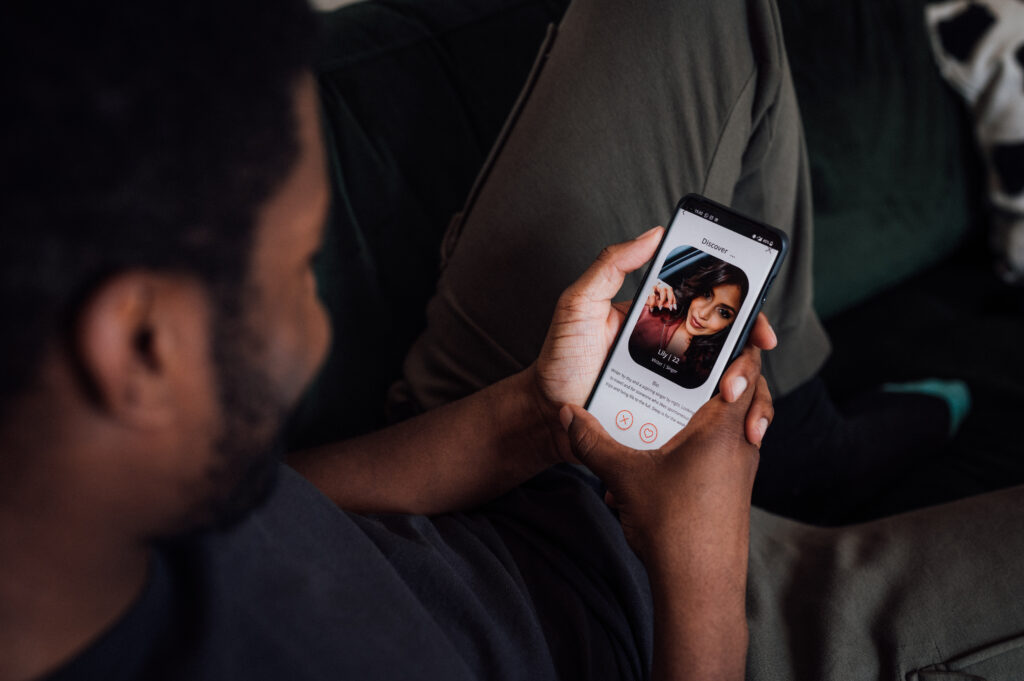A ‘MENTAL HEALTH COLUMN’ on a men’s website isn’t something any of us are used to. This style of writing grew out of the “I think I just got my period, what the hell is going on?!” genre of ’90s teen-girl angst and for some reason skipped all of the young guys out there who had equally vexing queries about their unrelenting stiffy in class or why their Dad doesn’t tell him he loves him enough. But hey, it’s never too late, and it’s abundantly clear the time for men’s mental health is now.
My aim with this monthly column is to breakdown what I’m hearing on the ground from men across the country, to offer you a bite-sized, unfiltered, 21st century playbook to manhood. I’ll bring my evidence-backed insights with a healthy dose of pragmatism to shine a light on stressors I know are overlooked and misunderstood for men, from body image to relationships and finding a sense of purpose in work to dealing with loneliness.
Something I notice a lot of in the early months of the year is a desire for change. Whether it’s cutting back on drinking, setting hardcore fitness goals or vowing to go back to therapy, the promise of a new year opens the floodgates of opportunity to reshape your life. The motivation for growth and experimentation is invigorating in the wake of all the broken promises of the year gone by. But it’s becoming increasingly clear guys are losing sight of what they really want.
If I surveyed all the men I see and asked what their new year’s resolutions were, I could easily match them up with Instagram trends and self-help book sales. We live in an age of cacophonous opinions. Every man and his dog’s an influencer telling us how to be, what to eat and wear. I’m starting to wonder if we’re losing the ability to tune in to our internal voice telling us who we are and what we want.

Getty Images.
I listened to a great podcast over the summer break about cultivating a sense of taste in the age of algorithm-generated desires. I was in Amsterdam last year with a few days to kill after a conference and I found myself rushing between some of the best art galleries in the world in a hurry to see the hundredth Van Gogh—on the advice of Trip Advisor. After a while I had to ask myself, Do I even want to do this?”
Spotify does the same thing. It offers me playlists to the point where the app is legitimately determining my taste, largely against my will, and I seem to keep ending up in cafes that all look the same, with a damn good Google rating. I think something’s off when these external inputs become our only access point for decision-making.
In these first weeks and months of the year, we need to take back control by etching out space and silence and practising tuning into our internal voice to determine our goals, values, motivations and taste. It all sounds a little woo woo, but the easiest way to tap into this is to allow yourself to get bored (without any technological distraction) and see where your brain takes you. Don’t fill it with other voices telling you what you should do today, how to make more money or lose weight, but instead tap into your inner guide.
Our sense of self gets muddied when we wrap our thoughts and behaviours around who we think we should be, living according to external expectations, instead of seeking to strengthen those authentic parts of ourselves that have always been there.
So, if you’re going to set goals this year, redesigning your place or planning a holiday, try your best to separate your intuition and desires from the trap of disruptive recommendations that are driving your decisions towards a saturated culture devoid of what makes ‘you’ you.
Related:
















